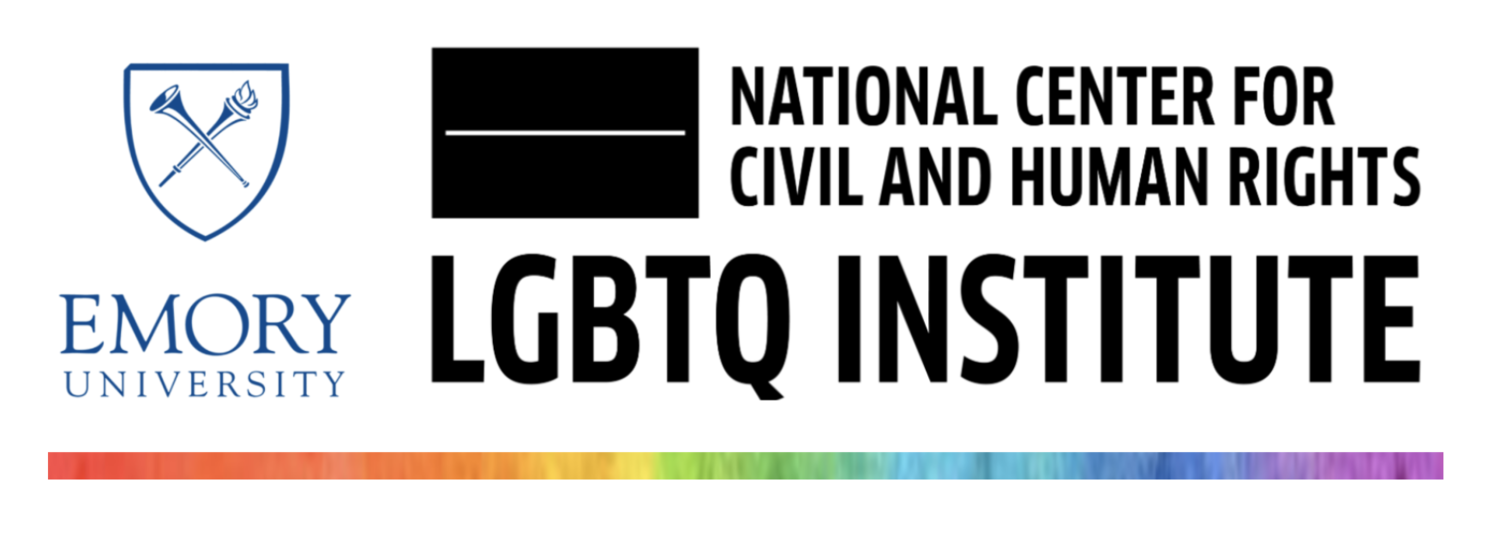The LGBTQ Institute Southern Survey: A Snapshot on the Conditions and Life Experiences of LGBTQ Southerners
Photo by Aiden Craver on Unsplash
2021-2022 LGBTQ Institute Southern Survey Findings
Background
It started with the 2018 LGBTQ Institute Southern Survey
In 2017-2018, the LGBTQ Institute at the National Center for Civil and Human Rights partnered with Georgia State University (GSU) to conduct a survey of LGBTQ individuals in the South (individuals who reside in: Alabama, Arkansas, Florida, Georgia, Kentucky, Louisiana, Mississippi, North Carolina, Oklahoma, South Carolina, Tennessee, Texas, Virginia, and West Virginia).
This is a study of, by, and for Southern LGBTQ people, with the support of many community and grassroots organizations and individuals across the Southern United States. The goal of this research is to amplify the voices of LGBTQ Southerners and highlight the issues affecting our lives, in order to create a more safe and welcoming South.
The LGBTQ Institute Southern Survey touches on a broad range of topics, including education and employment, health and wellness, criminal justice and safety, sexual and gender identity, and discrimination. Planning for this survey began in 2015, but the need for this survey became even more urgent as LGBTQ people continue to be erased from federal policy and research.
The LGBTQ Institute worked with 146 nonprofit, community, state, and regional organizations to spread the word, resulting in 6,502 LGBTQ people from across 14 Southern states taking the survey.
“What gets measured is what matters. LGBTQ people matter.”
— LGBTQ Institute Southern Survey Stakeholder Group Member
Guiding Principles:
LGBTQ Institute Mission: Connecting academics and advocates to advance LGBTQ equity through research and education focused on the American South.
Vision: LGBTQ Southerners are respected, feel safe and welcomed, and thrive in the South.
Foundational Question: What are the life experiences and needs of LGBTQ people in the South?
Problems and Justification:
The South is under attack most often when it comes to anti-LGBTQ legislation, even though more LGBTQ people live in the South than anywhere else in the country.*
Compared to all LGBTQ funding, the South receives little for research (2% vs. 9%**)--We want to help fill this gap.
Our stories are not being told. Solid research is an important tool that helps us tell our stories, reframe narratives, and dismantle discriminatory systems.
*Funders for LGBTQ Issues
** I.b.i.d.
Our Mission
These data serve as a tangible tool for our partners as they develop their policy initiatives, grassroots strategies, and fundraising campaigns; and contributes new scientific knowledge about the experiences and needs of LGBTQ people in the South.
2018 LGBTQ Institute Southern Survey Stats:
6,502
The number of LGBTQ adults who took part in the LGBTQ Institute Southern Survey
146
The number of local, state, and regional organizations that were survey partners
14
The number of states across the South that were the focus of the survey
The LGBTQ Institute will be releasing future analyses of this survey data exploring how different experiences, identities, and variables interact to contribute to the life experiences of LGBTQ people in the South.
With this survey and other programs at the LGBTQ Institute, we envision creating the needed pipeline that connects academics to advocates in order to move from research to action by providing critical, potentially actionable, information to agencies and state and local governments interested in responding to the needs of LGBTQ people.
This infrastructure can assist in developing community intervention resources and bring to light real-world experiences of those who may not immediately benefit from recent legal gains, and whose issues have not been at the forefront.
Get Involved
Donate: Our goal of conducting this survey regularly relies on our ability to attract financial support. If you believe the conditions and life experiences of Southern LGBTQ people is worth knowing about, please considering donating today.
Join our Research Panel: If you’re interested in participating in some of our research surveys and questionnaires, please add your name and email so we can involve you in this important work.


